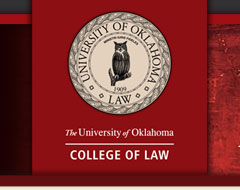Abstract
Since the advent of human flight, lawmakers in the United States have struggled to keep pace with advancements in aviation technology. Similarly, many doctrines of federal Indian law that govern the exercise of the sovereign powers of Indian tribes in the United States are based on outmoded conceptions of the capabilities and interests of Indian people and tribal governments. For decades, tribal governments have worked to protect their sovereign interests in tribal territory from the effects of aviation activities that occur within tribal airspace. There has been no exploration of tribal airspace issues in the academic community and limited examination of the subject in federal courts. As the Federal Aviation Administration creates a regulatory framework for the operation of unmanned aircraft systems in U.S. airspace, the question of tribal sovereignty in tribal airspace remains highly relevant to tribal governments, federal authorities, and aviation enthusiasts.
This Article argues Indian tribes possess the sovereign authority to regulate tribal airspace. It examines the real-world interests that motivate the exercise of tribal sovereignty in airspace and addresses potential concerns and objections to federal recognition of that power. It proposes political and regulatory solutions to the uncertain status of the ability of tribes to regulate tribal airspace and argues that a cooperative relationship between Indian tribes and the federal government is necessary to protect tribal interests and the integrity of domestic aviation activities.
Recommended Citation
William M. Haney,
Protecting Tribal Skies: Why Indian Tribes Possess the Sovereign Authority to Regulate Tribal Airspace,
40
Am. Indian L. Rev.
1
(2016),
https://digitalcommons.law.ou.edu/ailr/vol40/iss1/1
